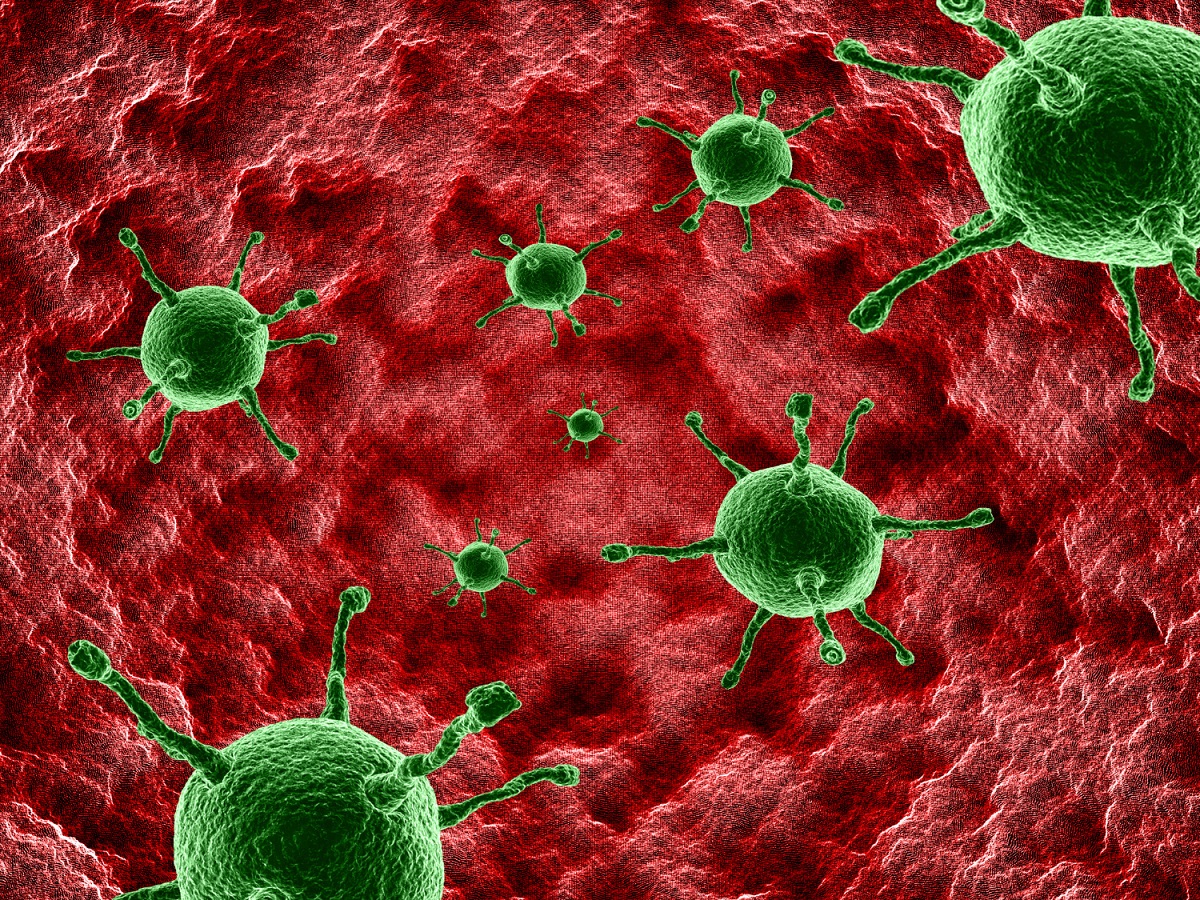KEY TAKEAWAYS
- The phase 3 KEYNOTE-756 study aimed to evaluate neoadjuvant and adjuvant pembrolizumab in ER+/HER2– breast cancer patients.
- Adding pembrolizumab to chemo increased pCR and lowered disease levels in early-stage ER+/HER2− breast cancer, maintaining known safety.
The global phase 3 trial KEYNOTE-756 (NCT03725059) examined neoadjuvant pembrolizumab or placebo alongside chemotherapy followed by adjuvant pembrolizumab or placebo with endocrine therapy (ET) in early-stage high-risk ER+/HER2– breast cancer patients.
Researchers reported the primary findings, including pathological complete response (pCR) rates and residual cancer burden (RCB) outcomes. Patients eligible for the study had centrally confirmed, high-grade, invasive ductal ER+/HER2− breast cancer at stages T1c-2 (≥2 cm) cN1-2 or T3-4 cN0-2.
They were randomly assigned to receive either neoadjuvant pembrolizumab 200 mg Q3W or a placebo, both in combination with paclitaxel QW for 12 weeks, followed by 4 cycles of doxorubicin or epirubicin + cyclophosphamide as neoadjuvant treatment. Post-surgery (with or without radiation therapy), patients received either pembrolizumab or a placebo for 9 cycles along with standard ET.
Key factors for stratification included geographic region, tumor PD-L1 status, nodal involvement, ER positivity levels, and anthracycline schedule. The study’s primary objectives were achieving pCR (ypT0/Tis ypN0) and evaluating Event-Free Survival (EFS). Secondary goals included Overall Survival (OS), various definitions of pCR, and safety measures.
Residual Cancer Burden (RCB) was an additional point of interest assessed by local pathologists during surgery, denoted by RCB-0, -1, -2, and -3, indicating varying levels of remaining disease.
Of 1278 patients, half received pembrolizumab with chemotherapy (n=635), while the others had a placebo with chemotherapy (n=643). The final analysis, conducted on May 25, 2023, with a median follow-up of 33.2 months, demonstrated notable findings.
Pembrolizumab alongside chemotherapy showcased a significant increase in achieving pathological complete response (pCR) compared to the placebo group: 24.3% vs. 15.6%, respectively. The estimated difference was 8.5 percentage points, indicating a substantial improvement (P=0.00005).
Similar trends were observed for secondary pCR definitions, namely ypT0 ypN0 (21.3% vs. 12.8%) and ypT0/Tis (29.4% vs. 18.2%). This improvement was consistent across predefined patient subgroups. Notably, more patients in the pembrolizumab group attained RCB-0 (24.7% vs. 15.6%) and RCB-1 (10.2% vs. 8.1%), while fewer were in the RCB-2 (40.8% vs. 45.3%) and RCB-3 categories (20.5% vs. 28.9%) compared to the placebo group.
During the neoadjuvant phase, grade ≥3 treatment-related adverse events (AEs) occurred in 52.5% with pembrolizumab + chemotherapy and 46.4% with placebo + chemotherapy. There was one death in the pembrolizumab group due to acute myocardial infarction. The evaluation of Event-Free Survival (EFS) results is ongoing.
Pembrolizumab with chemotherapy notably increased pCR and led to a shift towards lower residual disease categories in patients dealing with early-stage high-risk ER+/HER2− breast cancer. The safety profile observed aligned with the anticipated outcomes for each treatment regimen.
Source: https://atgproductions.net/atgclients/sabcs/2023_SABCS_Abstract_Report-12-1-23_Compressed.pdf
Clinical Trial: https://clinicaltrials.gov/study/NCT03725059
Cardoso, F., O’Shaughnessy, J., McArthur, H. (2023). “Phase 3 study of neoadjuvant pembrolizumab or placebo plus chemotherapy, followed by adjuvant pembrolizumab or placebo plus endocrine therapy for early-stage high-risk ER+/HER2− breast cancer: KEYNOTE-756.” Presented at the SABCS 2023 – 46th Annual San Antonio Breast Cancer Symposium, December 05 – December 09, 2023, San Antonio, TX, US (Abstract GS01-02).



